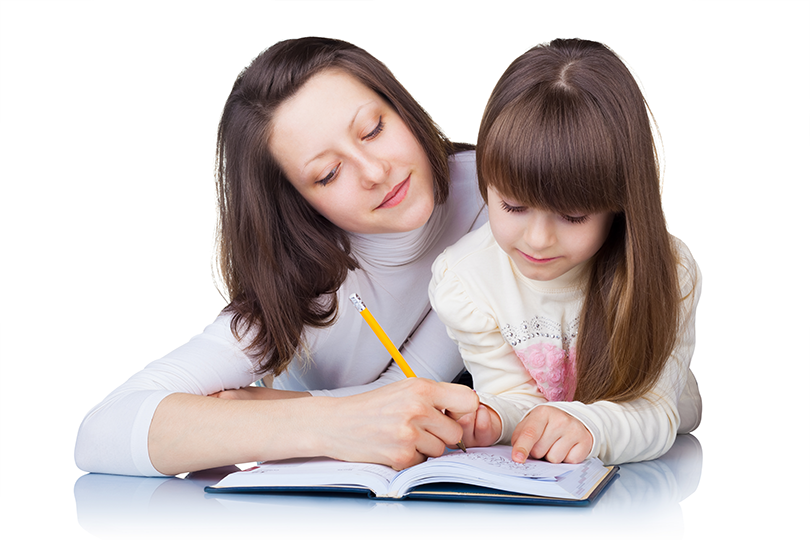Finish the School Year Strong
Learn up until the final bell
By Heidi Smith Luedtke, Ph.D.

Don’t let spring fever and summer vacation planning interrupt academics: skills students learn from April through June form the foundation for future knowledge. Encourage your kids’ learning right up to the final bell. Here’s how.
Reassess the Requirements
Consult the online grade book or meet with the teacher to see what work remains to be done. And don’t just look ahead on the calendar. This is the time to evaluate progress made since September and think about areas for improvement, says Alexandra Mayzler, founder of Thinking Caps Tutoring and author of Tutor in a Book and SAT DeMystified. Clear up confusion over missing grades and complete past-due work, even if there’s a penalty. Later learning builds on early lessons, and all course concepts may be covered on final exams.
Large projects and papers may require a series of steps. If your child skimped on initial steps—like research—or received poor grades for his work, he may need to redo it now. Add remedial work to the academic to-do list. It may take extra effort to complete a project and earn a good grade, but it may be impossible for kids to finish end-of-school assignments without filling in gaps.
Even if students can’t recoup grade points, they shouldn’t ignore past failures, says Ned Johnson, self-proclaimed tutor-geek and president of PrepMatters, a Washington, D.C.-based test preparation company. “A student’s job is not just to learn, but to learn how to learn better,” says Johnson. “Study what went wrong with previous assignments or exams and help kids reengineer their approach.” Ask a teacher or tutor for a study-skills tune up. He may suggest learning strategies you hadn’t considered.
Make a Plan
Headed into the home stretch, check kids’ books and binders to make sure they can go the distance, says Mayzler. Reorganize. Put notes in order. Get a bigger notebook if needed. Stock up on paper and printer ink. You don’t want to run out the night before a class project is due.
Break term papers, projects and study sessions into do-able chunks and write test prep, project milestones and deadlines on a large desk calendar. Experts recommend students focus on a subject for no more than 45 minutes before taking a break—younger learners need even shorter sessions. Downtime allows the brain to consolidate learning and reenergize.
Kids’ schedules can get crowded with end-of-year events and spring sports. Make time for fun and friends. The transition between the school year and summer vacation can be emotional. All work and no play isn’t smart.
Ease Anxiety
Late-night studying may leave kids too tired to concentrate. Maintain a healthy sleep schedule and sustain energy with good eats. Start kids off with a protein-packed breakfast and plan healthy snacks every 2 or 3 hours throughout the day. Brainwork burns fuel.
Kids may over-focus on failures in an effort to improve. Remind them of their strengths. Star students use their academic talents to overcome (or compensate for) weaknesses. Use teacher-provided study guides or create one using past homework, quizzes and exams. Study guides keep students from skipping over concepts accidentally and do double duty as at-home practice tests.
If your child has to make an oral presentation to the class, encourage her to rehearse in front of siblings or friends first, says Johnson. “It’ll be a little awkward, which is exactly the point.” Confronting jitters in a low-threat situation builds confidence and shows kids what to improve.
Hard work on spring academics will pay off in the fall when your student is in the next grade. Take time during the summer to reflect on the past year’s learning and address major challenges. Learning is a year-round endeavor.
—Heidi Smith Luedtke is a personality psychologist and mom of two. She shares psychology lessons for real life at www.HeidiLuedtke.com


